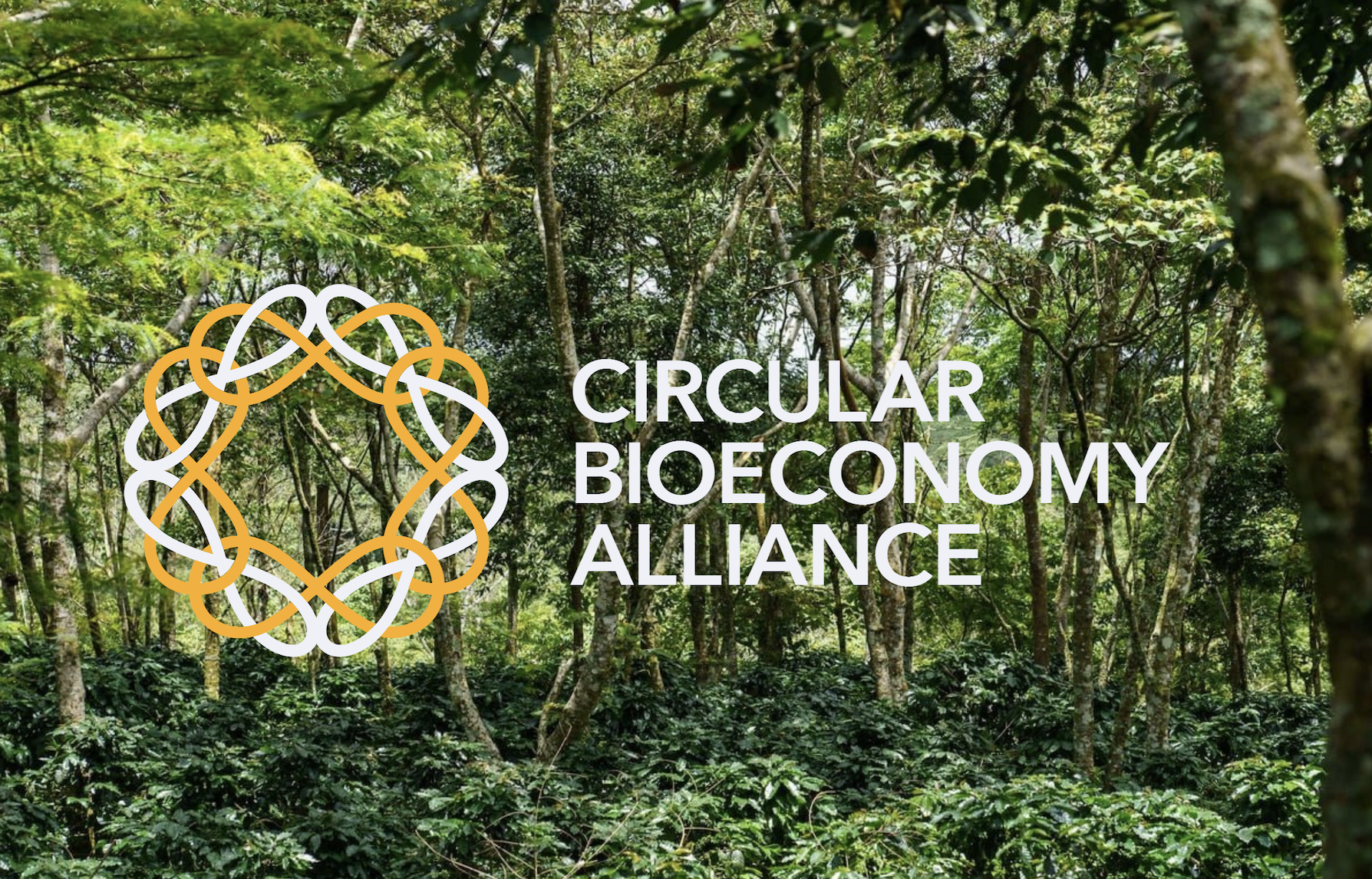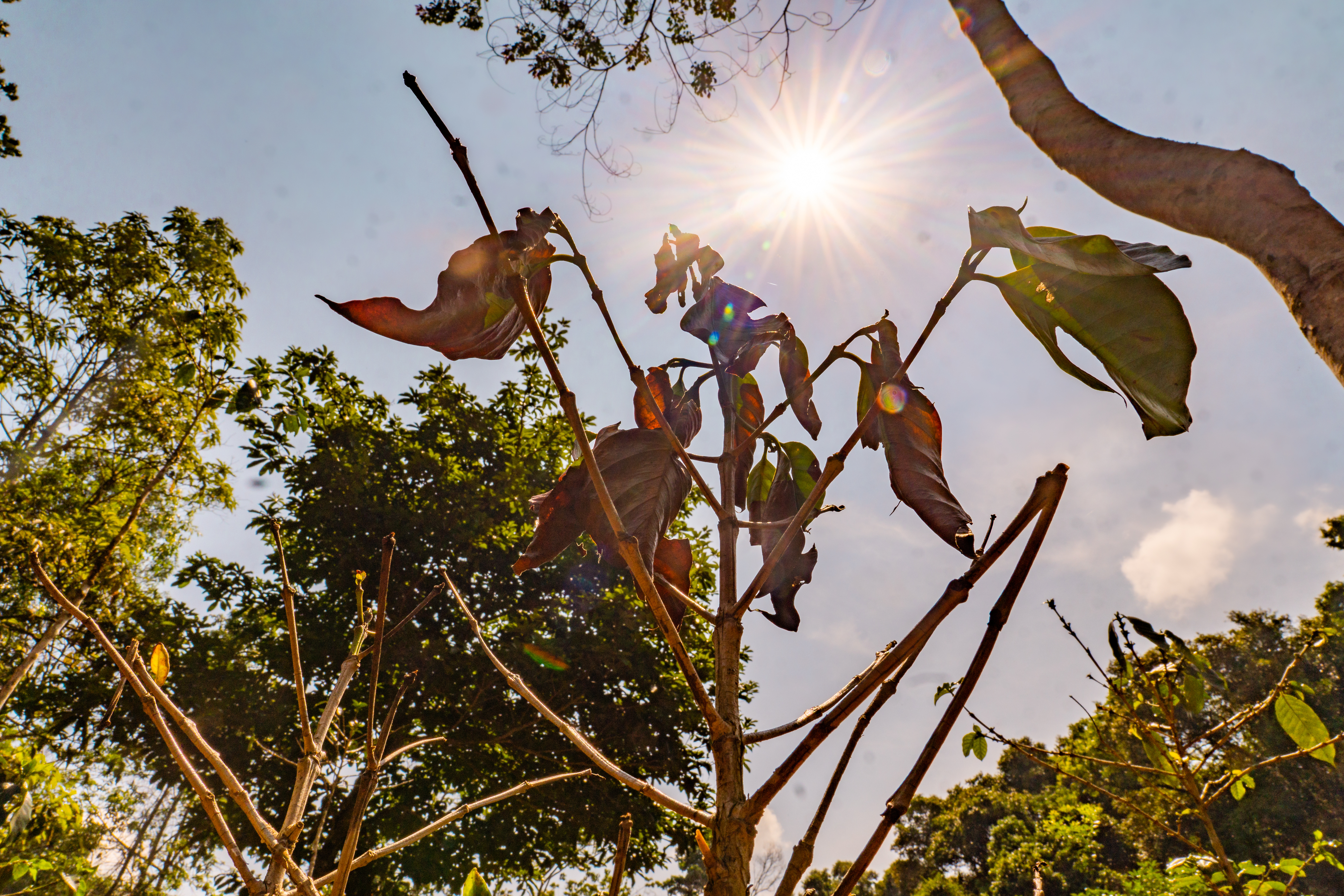Slow acquires African Coffee Roasters – A New Era for Sustainable Coffee
Big news from Slow. African Coffee Roasters is now part of the Slow family. And this isn’t just an acquisition—it’s a major step forward in how...
%20in%20Laos%20walks%20through%20a%20coffee%20agroforestry%20farm.jpg?width=1000&height=667&name=Mr%20Ham%20(local%20farmer)%20in%20Laos%20walks%20through%20a%20coffee%20agroforestry%20farm.jpg)
Local farmer in Laos walks through a coffee agroforestry farm.
Professor Johan Rockström, the renowned climate scientist, set the stage with a stark warning: “We are set to crash through 1.5°C of global warming, but nature investments can pull us back from the brink.” His urgency underscored the need for innovative solutions, paving the way for the discussion on regenerative agriculture
Morten Rossé, Head of Nature and Climate at holistiQ Investment Partners, identified a key challenge in tackling the climate crisis: “Capital is required upstream, but profits are captured downstream. Regenerative agriculture could turn this dynamic on its head,” Rossé explained, “shifting capital, creating new business models, and unlocking value in nature assets.” This shifted the focus towards exploring how to incentivize sustainable practices by redirecting resources where they’re needed most.
Sebastian Nielsen, CEO of Slow Forest, used coffee production as a compelling example. “One way to shift capital upstream,” Nielsen pointed out, “is to shorten the value chain. We grow coffee, we process coffee, we roast it and sell it to corporations. That's rare in the coffee industry. Usually, coffee changes hands 15 to 20 times. Think about the loss of value. Think about the loss of transparency. By cutting out the middlemen, we captured the value so we could redistribute it back to communities and back to nature."
“To create further upstream value, Slow Forest has also committed to regenerative farming,” Nielsen explained. “We are raising capital to buy degraded farms with low productivity. We plant 350 trees and 20 different tree species per hectare including fruit trees and fast-growing trees, to get cover that gives good shade for growing coffee and to mimic nature as fast as possible.”
"This attracts biodiversity and creates a habitat for wildlife. You can taste the result. The coffee is better quality. And it has a negative carbon footprint. It's opening a market where consumption can help us raise the capital, create the return, and regenerate more land."
The event hosted by Lombard Odier at the World Economic Forum served as a crucial platform for exploring these groundbreaking ideas. Key players like Éliane Ubalijoro (CEO of the Centre for International Forestry Research and World Agroforestry), Andrea Illy (Chairman of Illycaffè and Co-founder and Chairman of the Regenerative Society Foundation), and others joined the dialogue, bringing their diverse expertise and perspectives to the table.
Want to dive deeper into the conversation at Davos 2024? Visit Lombard Odier’s website here

Big news from Slow. African Coffee Roasters is now part of the Slow family. And this isn’t just an acquisition—it’s a major step forward in how...

A few years ago, coffee and chocolate were just products. But at Slow, we’re changing the story. We’re not just selling beans and cocoa, we’re...

For years, coffee prices moved with supply, demand, and speculation. That equation has changed.